Sleep apnea is a prevalent sleep disorder that affects millions of people worldwide. It is characterized by repeated interruptions in breathing during sleep, leading to poor sleep quality and various health issues. Addressing sleep apnea is crucial for maintaining overall health and well-being, and one effective way to manage this condition is by making lifestyle changes.
Adjusting daily habits can have a significant impact on sleep quality and reduce sleep apnea symptoms. Simple changes such as managing weight, incorporating exercise, optimizing light exposure, and modifying eating habits can lead to better sleep and improved health. In this article, we explore various lifestyle changes and their effects on sleep apnea and sleep quality.
The Impact of Extra Weight on Sleep and Breathing
Obesity and sleep apnea are closely connected. Numerous studies have shown that a higher body mass index (BMI) is associated with an increased risk of developing sleep apnea. But why is this the case?
Carrying extra weight, especially around the neck and upper body, can affect the airway collapsibility and breathing during sleep. Excess fat deposits around the throat can cause the airway to narrow, making it more difficult for air to pass through. This constriction leads to interruptions in breathing that are characteristic of sleep apnea.
Weight loss can be a potential treatment for sleep apnea. Losing even a small amount of weight can alleviate pressure on the airway, improving breathing and reducing sleep apnea symptoms. In some cases, significant weight loss can even eliminate the need for other sleep apnea treatments. It's clear that managing weight plays a critical role in addressing sleep apnea and improving overall sleep quality.
The Role of Exercise in Sleep Quality

Regular physical activity offers a multitude of benefits for sleep apnea sufferers. Exercise not only helps with weight management but also improves overall cardiovascular health, both of which are crucial in managing sleep apnea symptoms.
Various types of exercise can improve sleep quality. Aerobic exercises like walking, jogging, swimming, and cycling can strengthen the cardiovascular system, while resistance training can help tone the muscles and support weight loss efforts. Incorporating flexibility and balance exercises, such as yoga or tai chi, can also contribute to better sleep quality by reducing stress and promoting relaxation.
Adding exercise to your daily routine doesn't have to be complicated. Start by setting realistic goals and gradually increase the intensity and duration of your workouts. Aim for at least 150 minutes of moderate-intensity aerobic activity per week, along with two sessions of resistance training. Remember to listen to your body and adjust your routine as needed.
Light Exposure and Its Effects on Sleep Quality
Natural light exposure plays a significant role in regulating our sleep-wake cycle. Our bodies rely on sunlight to synchronize our internal clocks, known as circadian rhythms, which control when we feel awake and when we feel sleepy. Proper light exposure is crucial for maintaining healthy sleep patterns and overall sleep quality.
Morning light exposure is particularly important for improving sleep quality. Exposure to bright, natural light in the morning helps signal to our bodies that it's time to wake up and be alert, setting the stage for a more restful night's sleep. Research has shown that people who get regular morning light exposure tend to have better sleep quality and fewer sleep disturbances.
To optimize light exposure throughout the day, try to spend time outdoors in the morning, especially within the first hour of waking up. If you work indoors, consider positioning your desk near a window to take advantage of natural light. In the evening, reduce exposure to artificial light, especially from screens, as this can interfere with the natural sleep-wake cycle.
Eating Habits and Their Impact on Sleep Quality
Meal timing can have a significant impact on sleep apnea and sleep quality. Eating large meals close to bedtime can put pressure on the diaphragm and cause acid reflux, both of which can exacerbate sleep apnea symptoms and cause sleep fragmentation. Moreover, late-night eating can disrupt the natural sleep-wake cycle, leading to poor sleep quality and further health issues.
Consider the following tips:
- Avoid large meals within three hours of bedtime, as this can cause indigestion and disrupt sleep.
- Opt for lighter, easily digestible meals in the evening to reduce the risk of acid reflux and sleep disturbances.
- Maintain a consistent meal schedule, as irregular eating habits can throw off the body's internal clock and negatively affect sleep quality.
- Consider incorporating foods that promote sleep, such as those high in tryptophan (turkey, almonds, and bananas), magnesium (spinach, pumpkin seeds, and yogurt), and melatonin (cherries, walnuts, and oats).
The Effects of Water Intake on Sleep Quality

Staying hydrated is essential for overall health and sleep quality. Proper hydration helps regulate body temperature, supports brain function, and aids in the removal of waste products. Inadequate water intake can lead to dehydration, which can have negative effects on sleep quality and exacerbate sleep apnea symptoms.
Dehydration can cause the mouth and nasal passages to become dry, leading to increased snoring and difficulty breathing during sleep. Moreover, dehydration has been linked to feelings of fatigue and decreased alertness during the day, further impacting overall sleep quality.
To maintain proper hydration throughout the day, consider the following tips:
- Aim to drink at least eight 8-ounce glasses of water daily, adjusting for factors such as age, activity level, and climate.
- Keep a water bottle handy and take sips regularly throughout the day to ensure consistent hydration.
- Monitor your urine color – clear or pale yellow urine is a good indicator of proper hydration, while dark yellow or amber-colored urine may signal dehydration.
- Be mindful of your beverage choices – while water is the best option for hydration, other beverages such as herbal tea, coconut water, and milk can also contribute to fluid intake. Avoid excessive consumption of caffeinated beverages and alcohol, as they can contribute to dehydration.
Caffeine Consumption and Its Impact on Sleep Quality
Caffeine is a widely consumed stimulant that affects the nervous system, temporarily warding off drowsiness and increasing alertness. While moderate caffeine intake is considered safe for most individuals, excessive consumption can disrupt sleep quality and worsen sleep apnea symptoms.
The stimulating effects of caffeine can make it difficult to fall asleep and lead to more frequent awakenings during the night. Additionally, caffeine can cause or exacerbate existing sleep disorders, such as insomnia and sleep apnea, further impacting overall sleep quality.
To manage caffeine consumption and improve sleep quality, consider the following recommendations:
- Limit caffeine intake to no more than 400 milligrams per day, roughly equivalent to four 8-ounce cups of coffee.
- Avoid consuming caffeine after 2 PM, as it can interfere with sleep even if consumed several hours before bedtime.
- Be aware of hidden sources of caffeine, such as tea, chocolate, soda, and some over-the-counter medications.
- Gradually reduce caffeine intake if you're looking to cut back, as abrupt cessation can cause withdrawal symptoms such as headaches, irritability, and fatigue.
The Role of Sugar in Sleep Quality
High sugar intake has been linked to sleep disruption, with studies showing that excessive sugar consumption can lead to poor sleep quality and increased sleep disturbances. Sugar can also exacerbate sleep apnea symptoms, further impacting overall sleep quality.
Sugar consumption can cause fluctuations in blood sugar levels, leading to energy crashes and feelings of drowsiness during the day. This can disrupt the natural sleep-wake cycle and make it more difficult to fall asleep and stay asleep at night. Additionally, high sugar intake has been associated with increased snoring and sleep apnea symptoms, as it can contribute to inflammation and weight gain.
To reduce sugar intake and improve sleep quality, consider the following tips:
- Limit consumption of added sugars, such as those found in processed foods, soft drinks, and candy, as these can have the most significant impact on sleep quality.
- Choose whole, unprocessed foods whenever possible, as these typically contain less sugar and provide more essential nutrients for overall health.
- Opt for natural sweeteners, like honey or maple syrup, in moderation when looking to satisfy a sweet craving.
- Be mindful of portion sizes and sugar content in your favorite snacks and beverages, as it's easy to consume more sugar than intended without realizing it.
Address Lifestyle Factors
Addressing lifestyle factors is crucial for improving sleep quality and reducing the burden of sleep apnea. By making changes in areas such as weight management, exercise, light exposure, eating habits, hydration, caffeine consumption, and sugar intake, you can significantly impact your sleep quality and overall health.
It's essential to seek professional help and guidance for managing sleep apnea symptoms. At Empower Sleep, our mission is to simplify the sleep care process and provide personalized solutions to help you achieve better sleep and improved well-being. Our team of qualified doctors and specialists is here to support you every step of the way.
Remember, making behavior changes can have lasting benefits for your overall health and well-being. Don't underestimate the power of these adjustments in your daily life. Start taking steps today to improve your sleep quality and live a healthier, more fulfilling life.



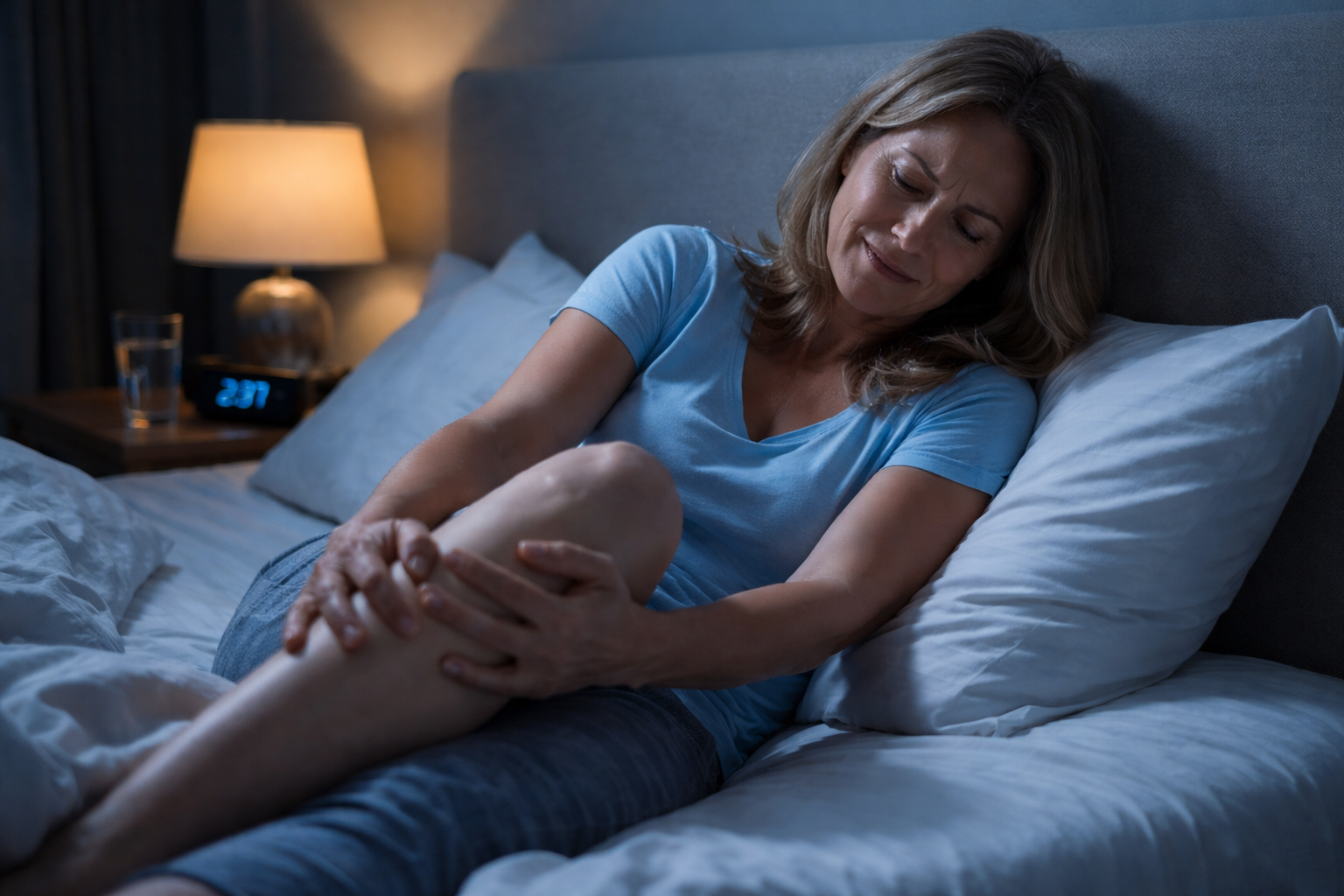
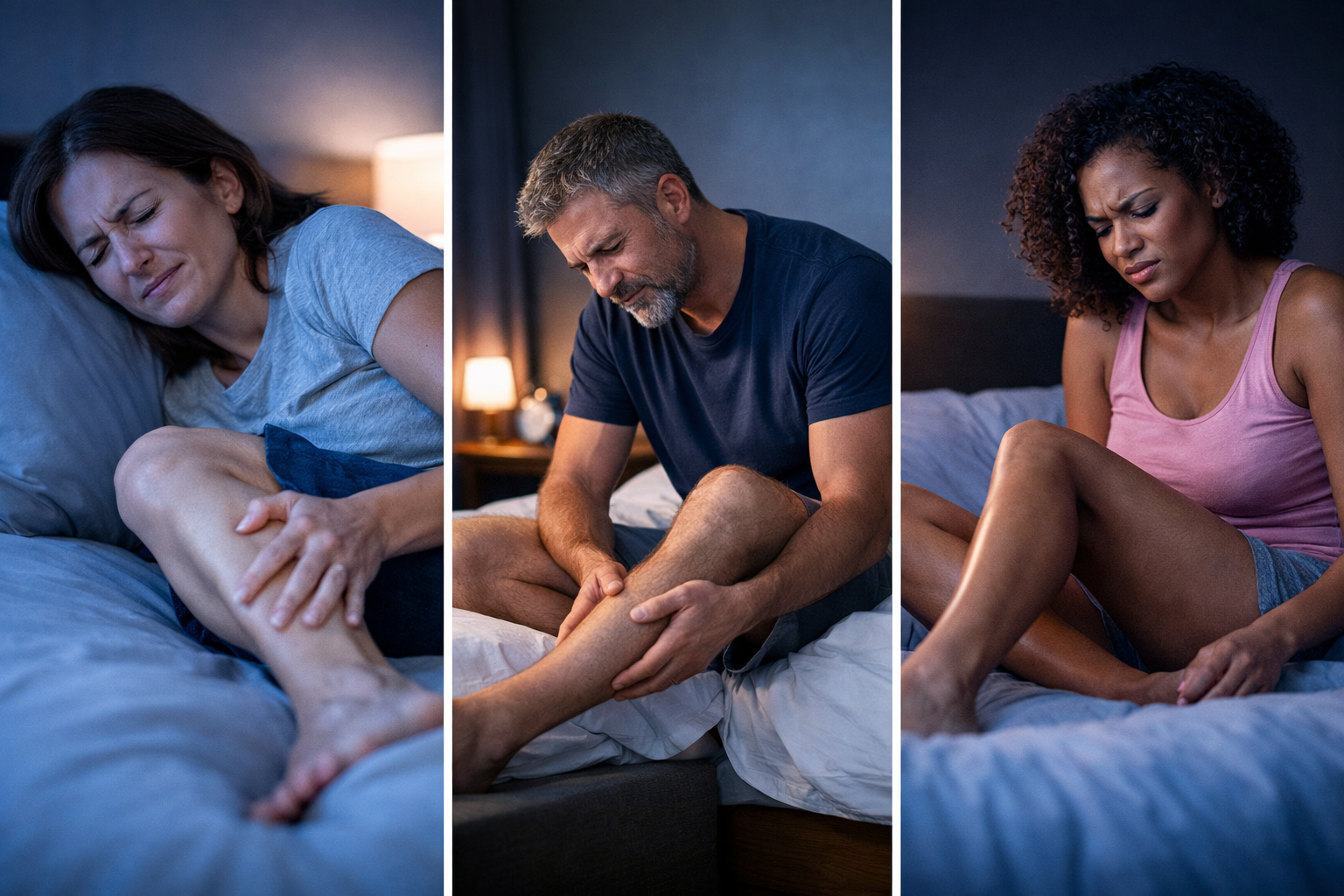



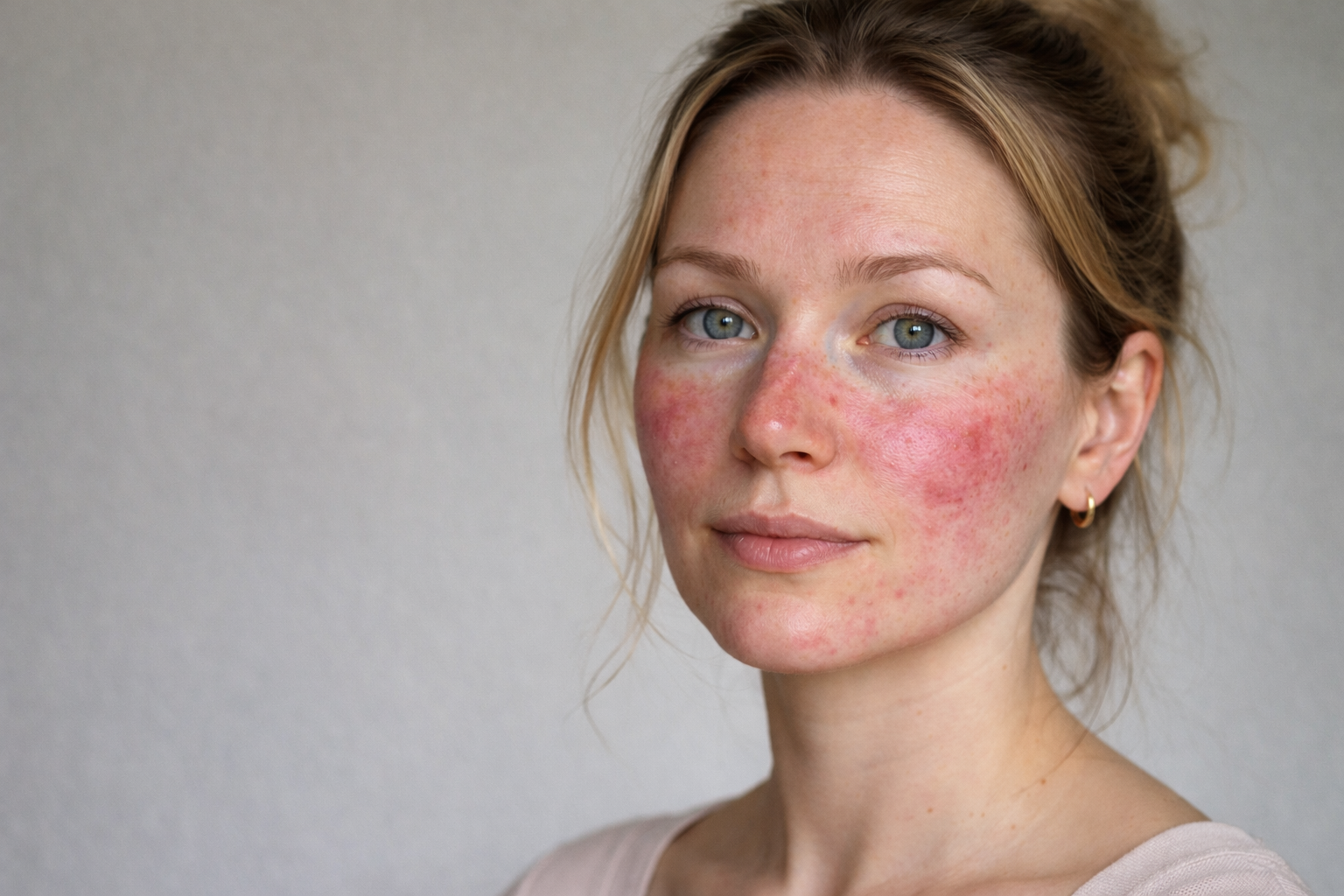

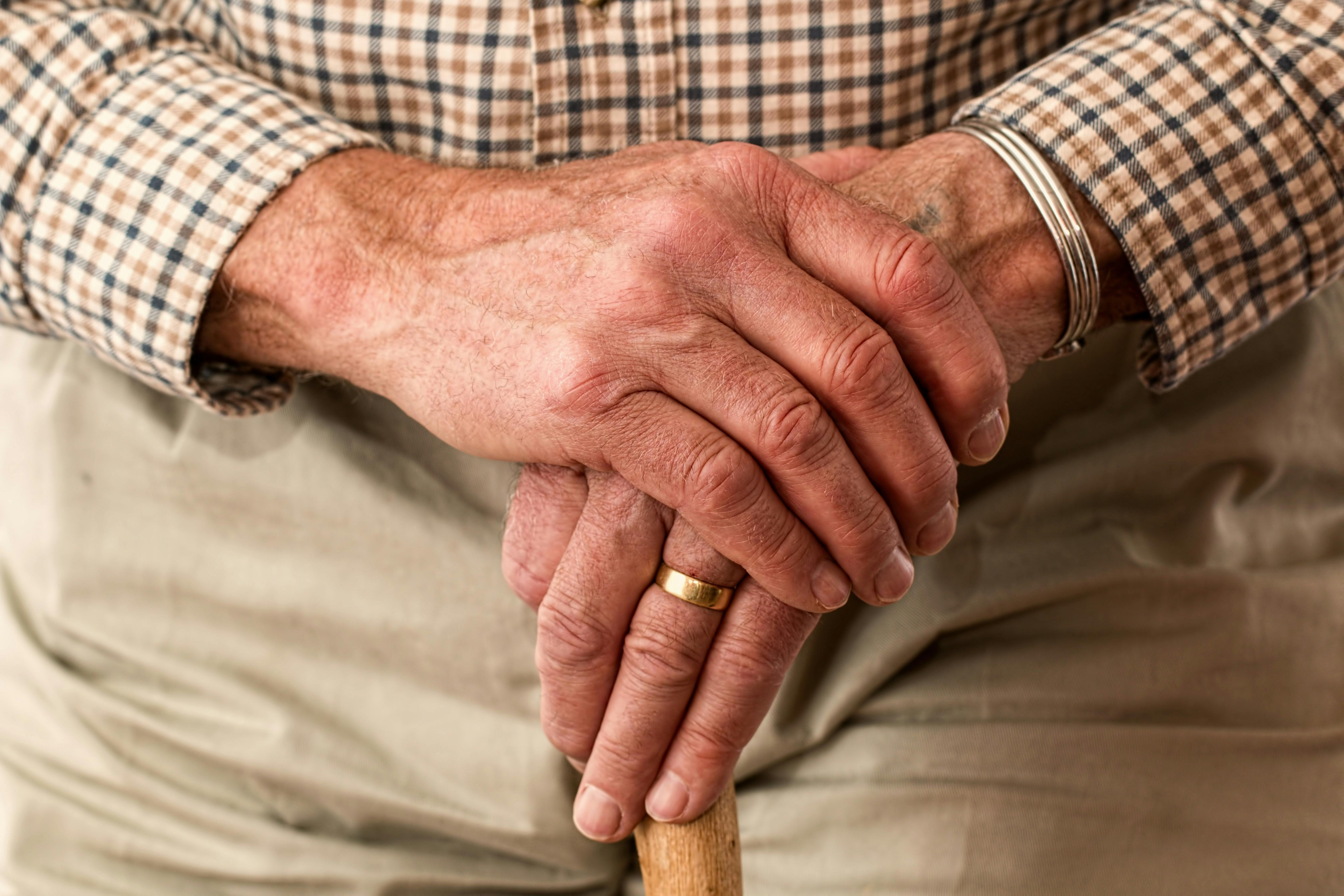
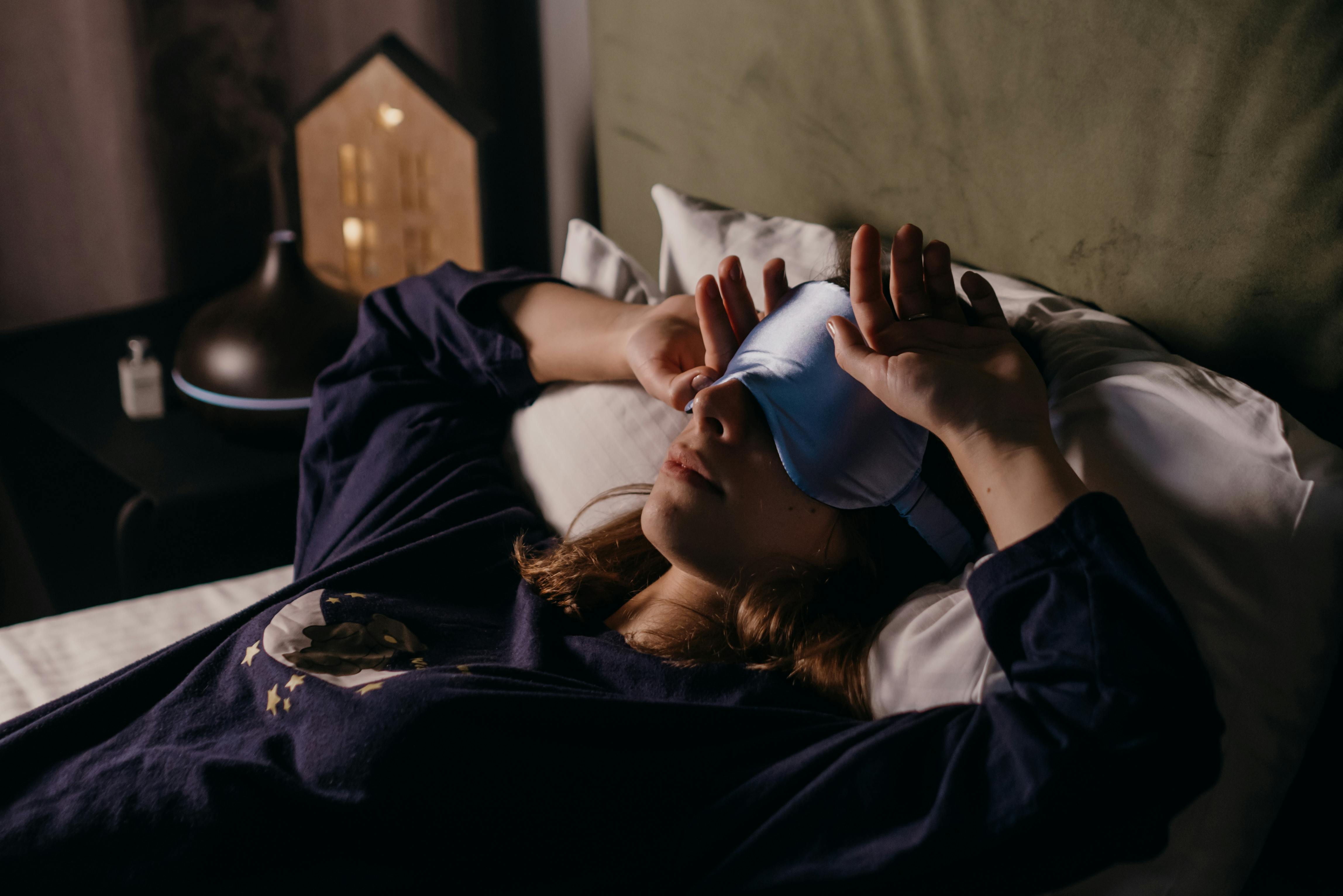

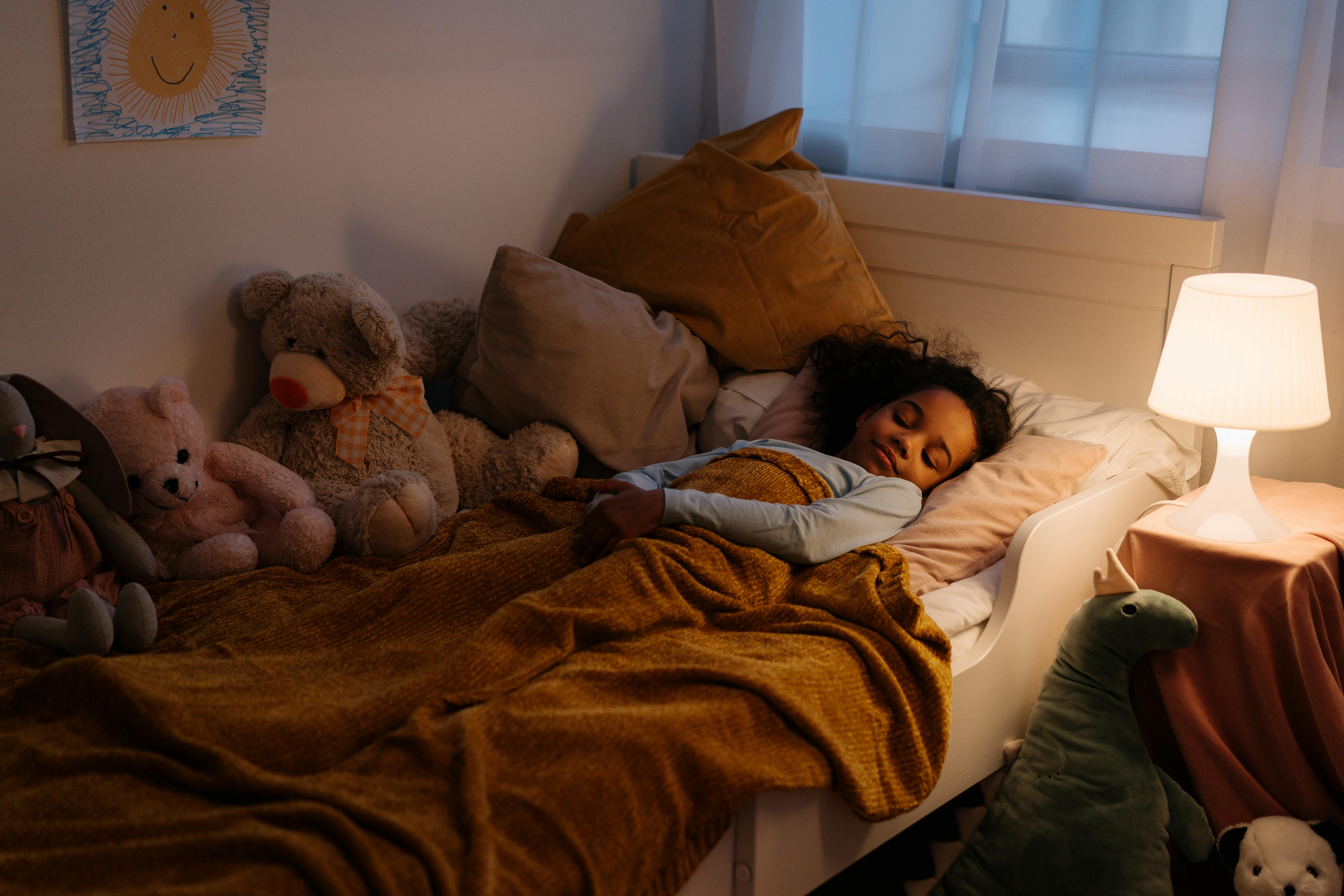


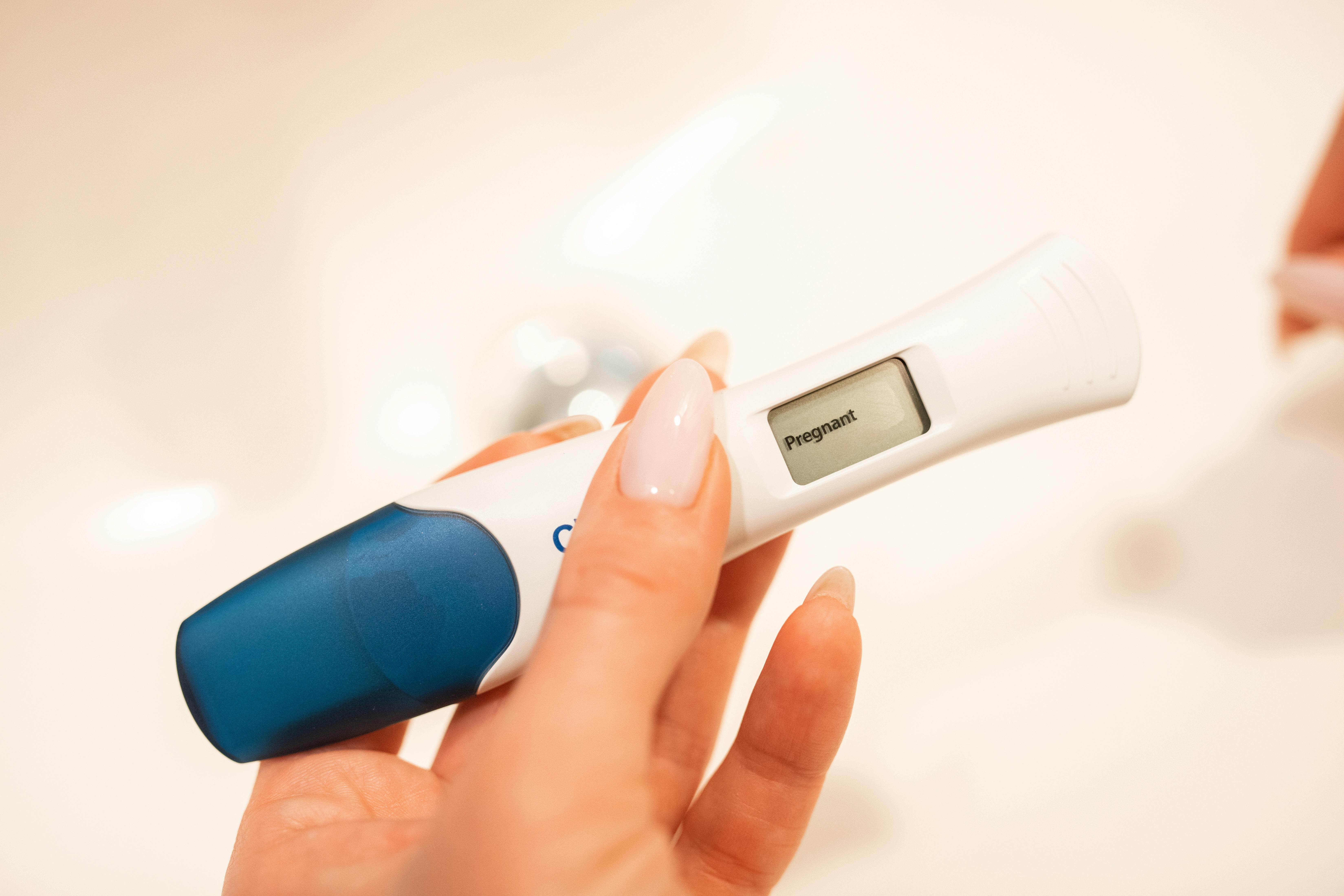
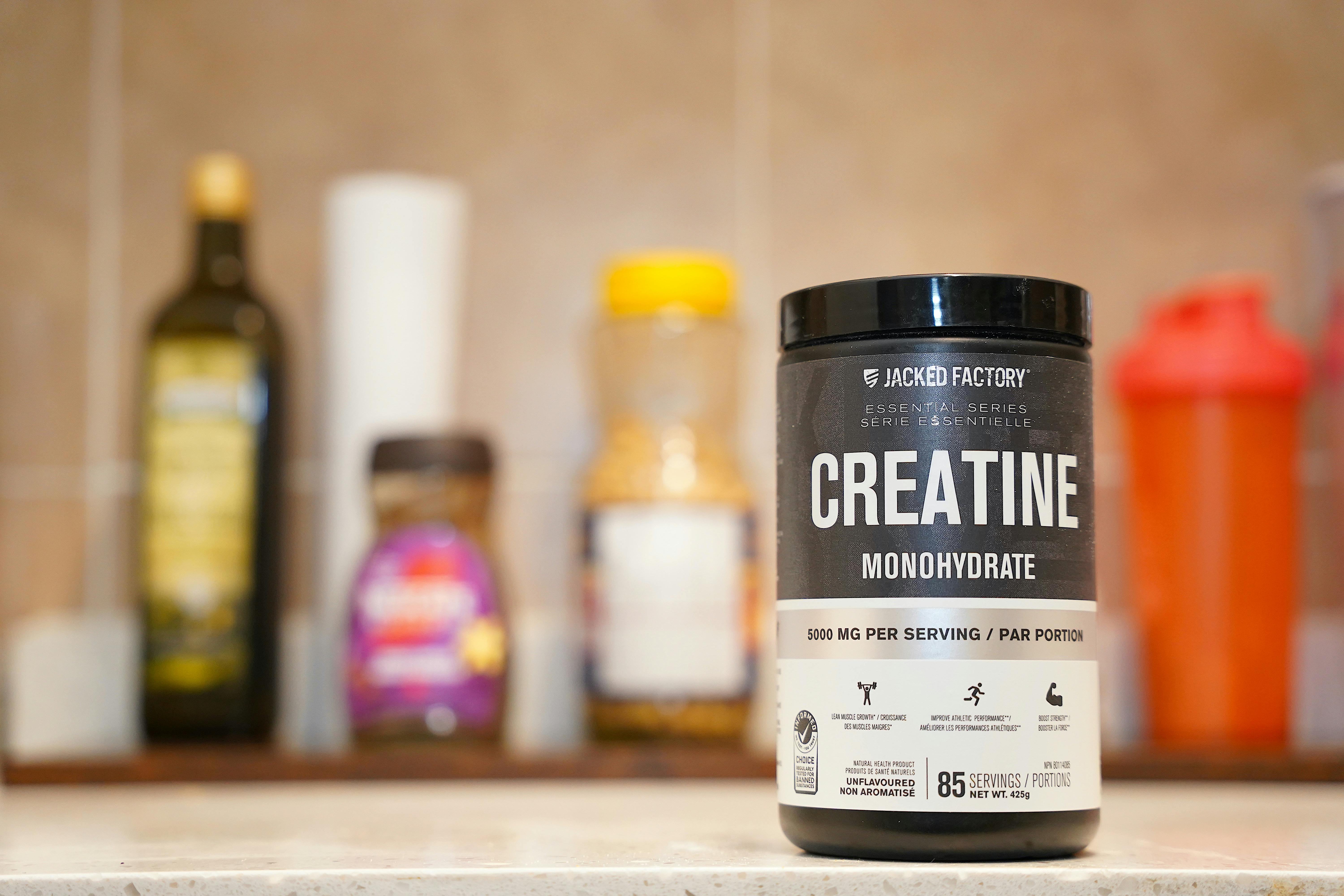




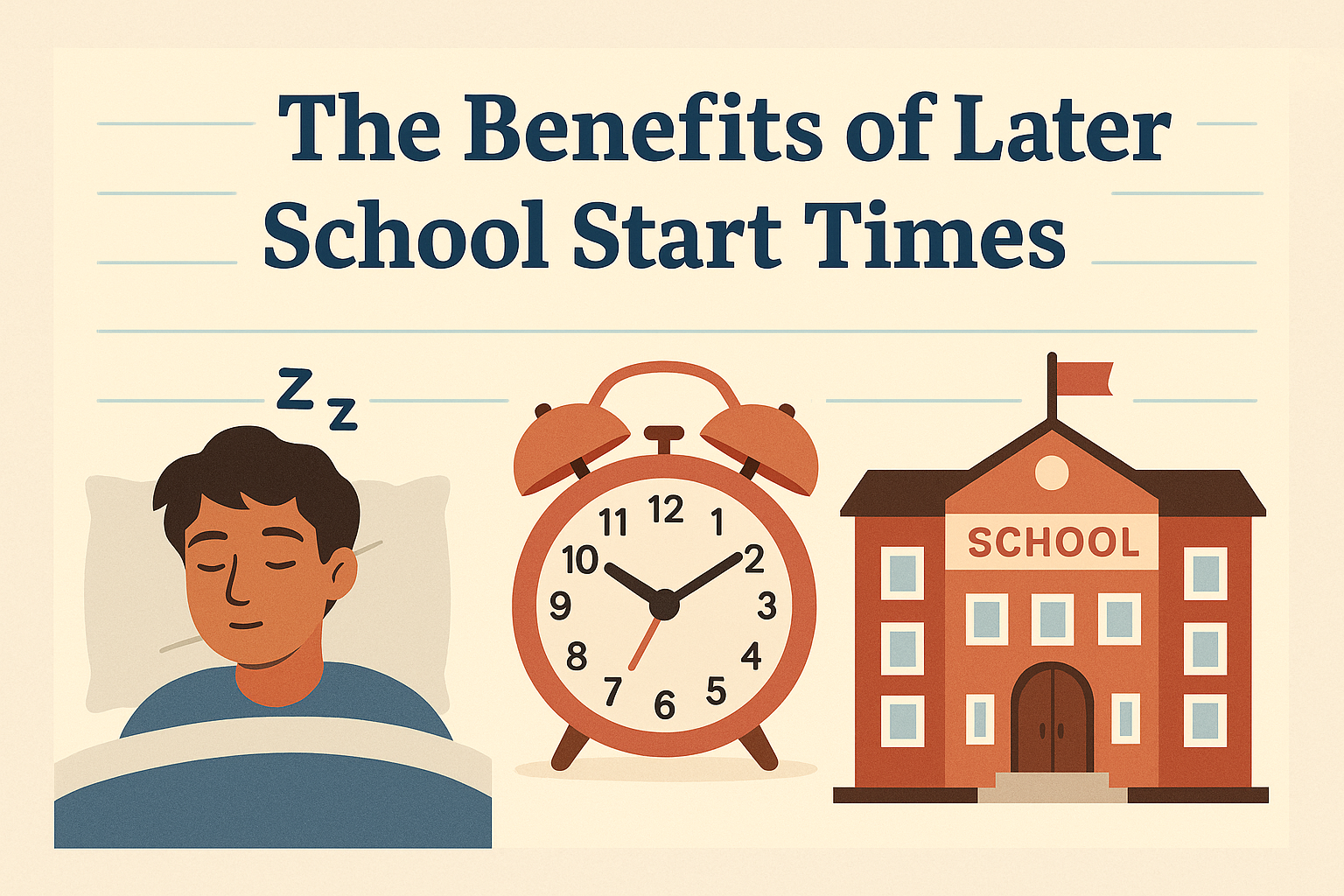

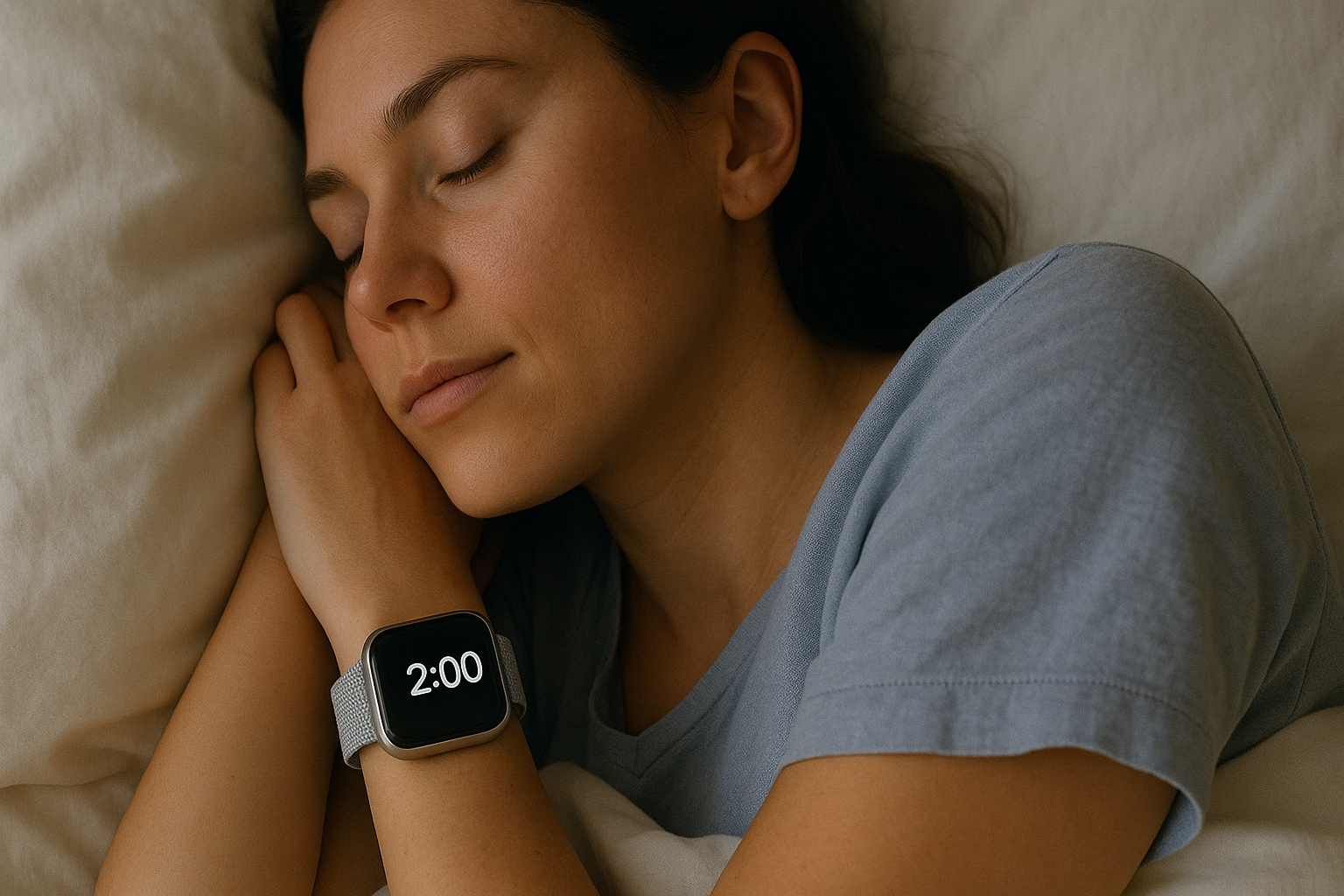


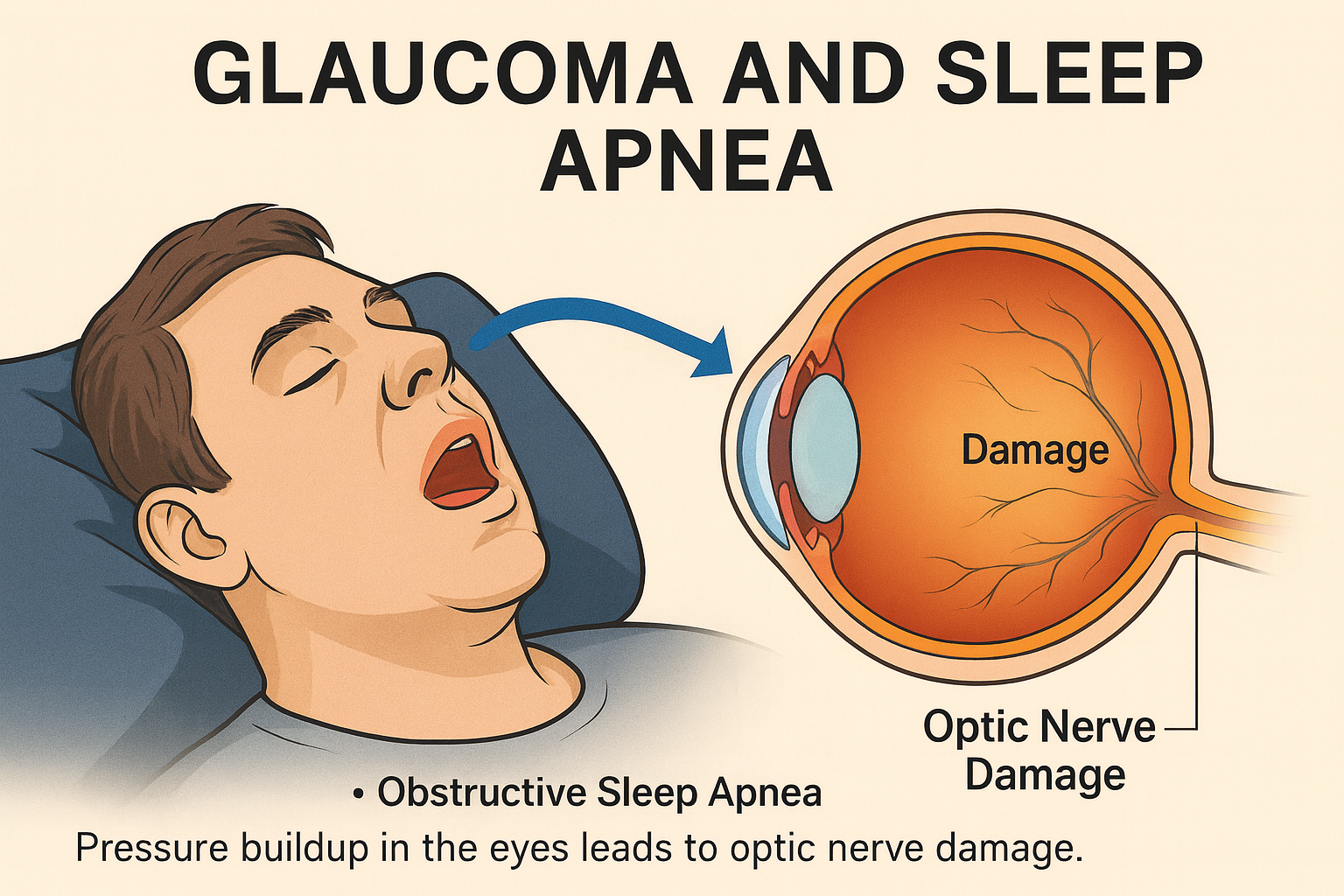

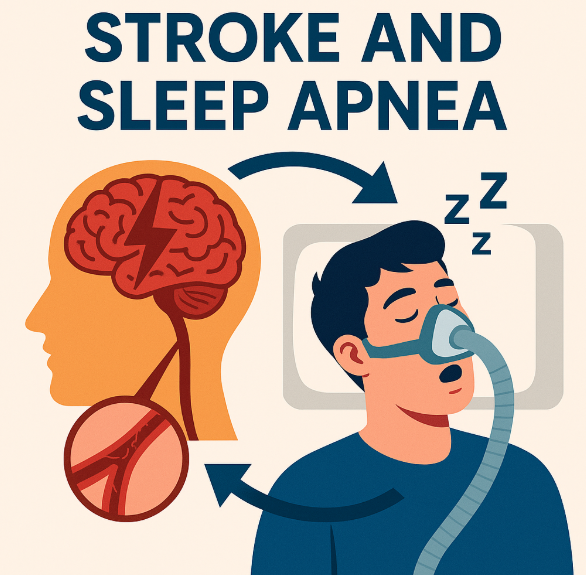
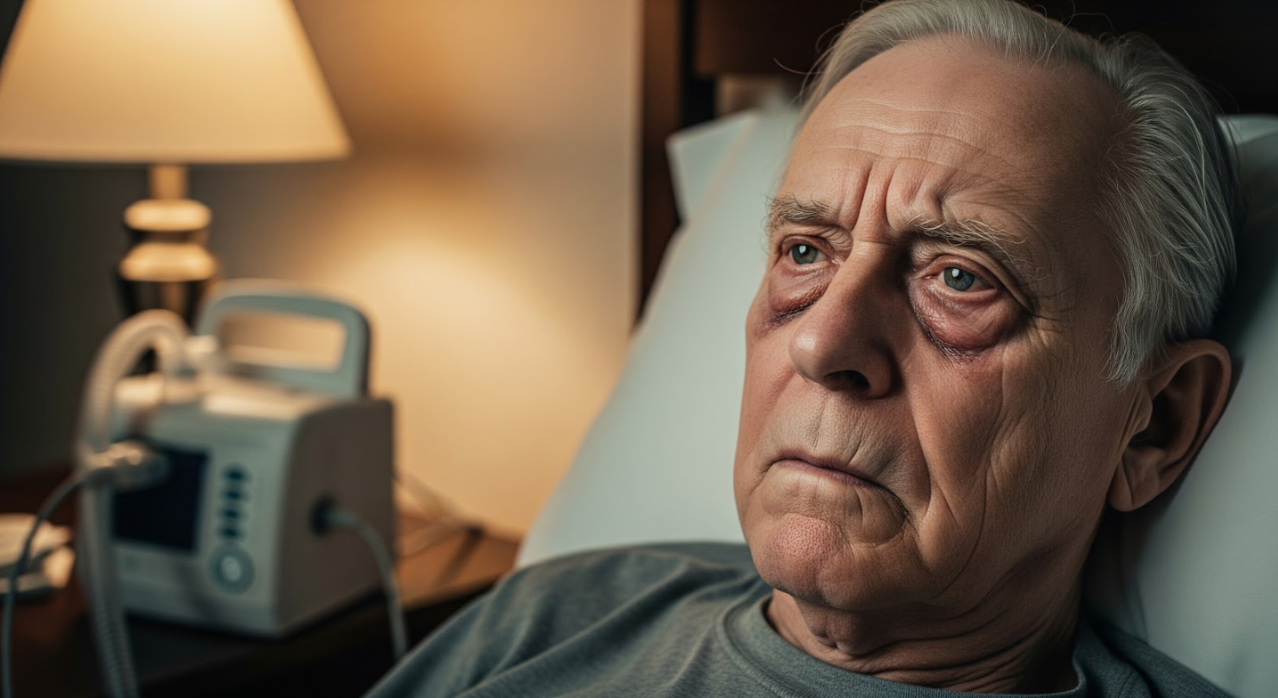
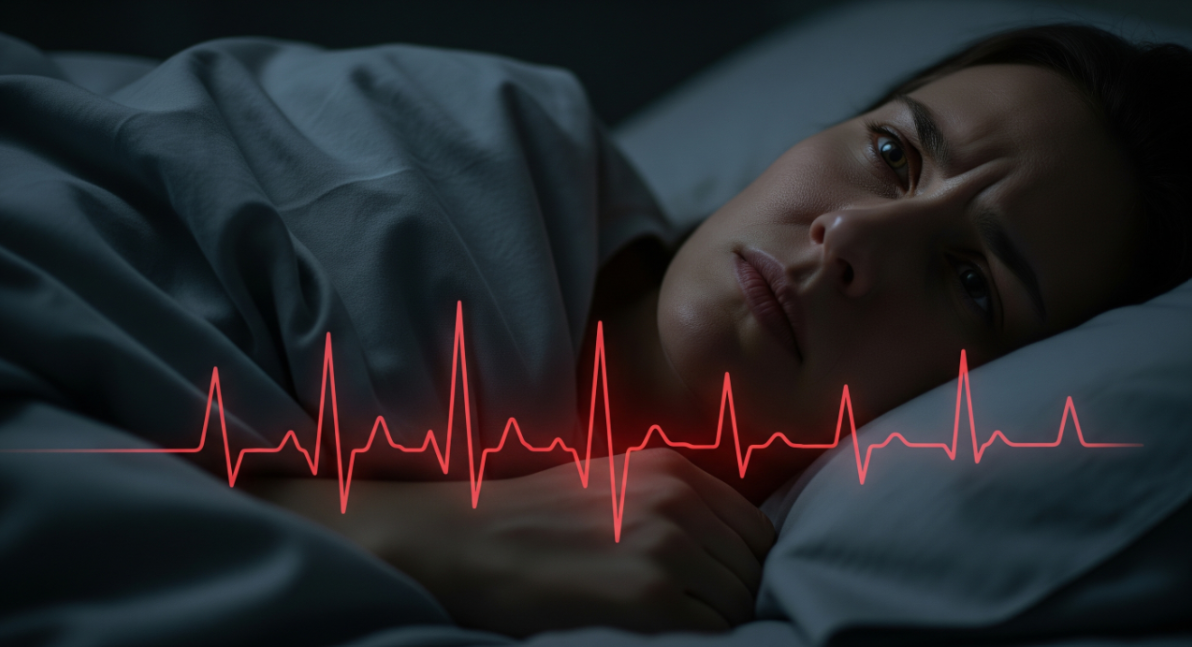






























































%20thumbnail.jpg)
.png)